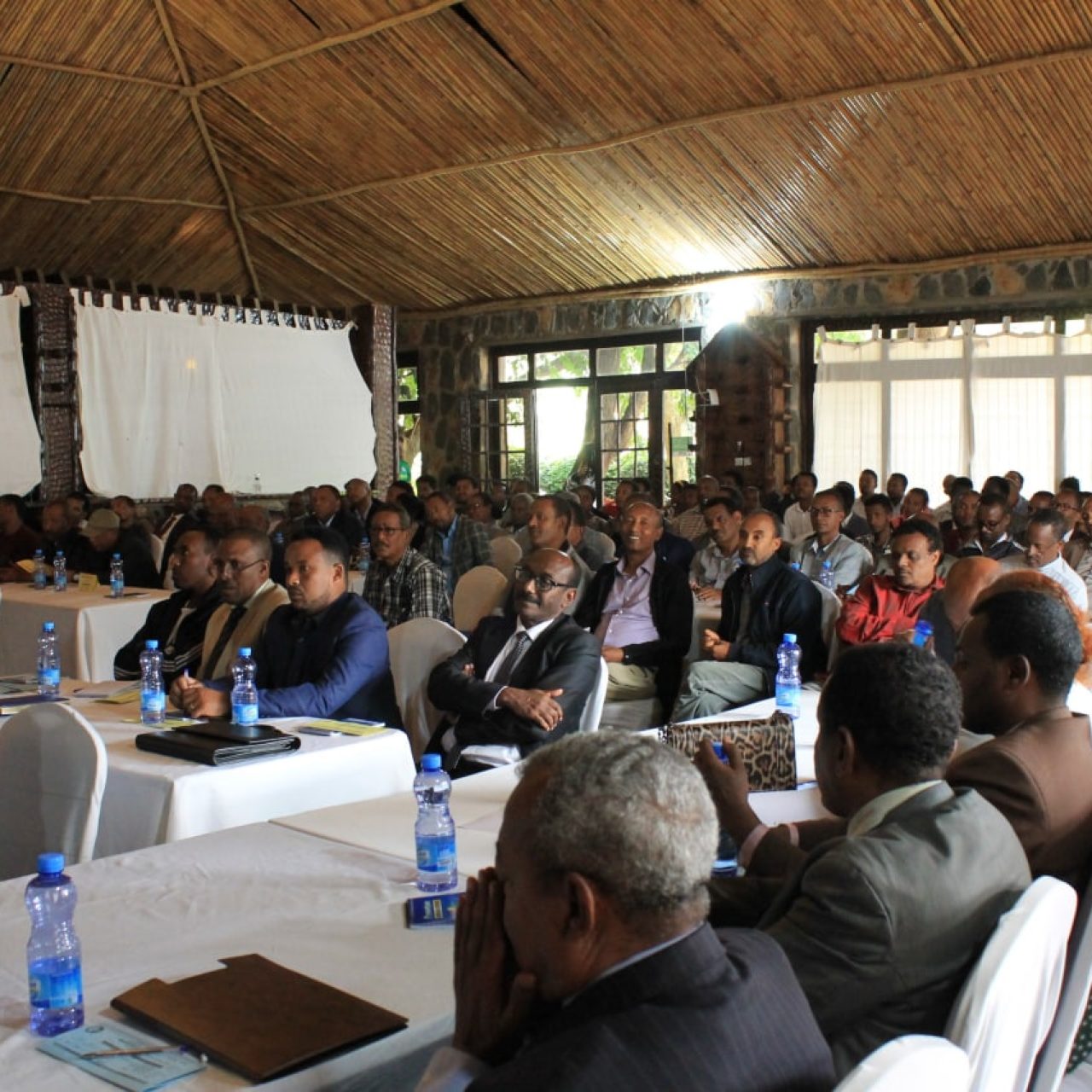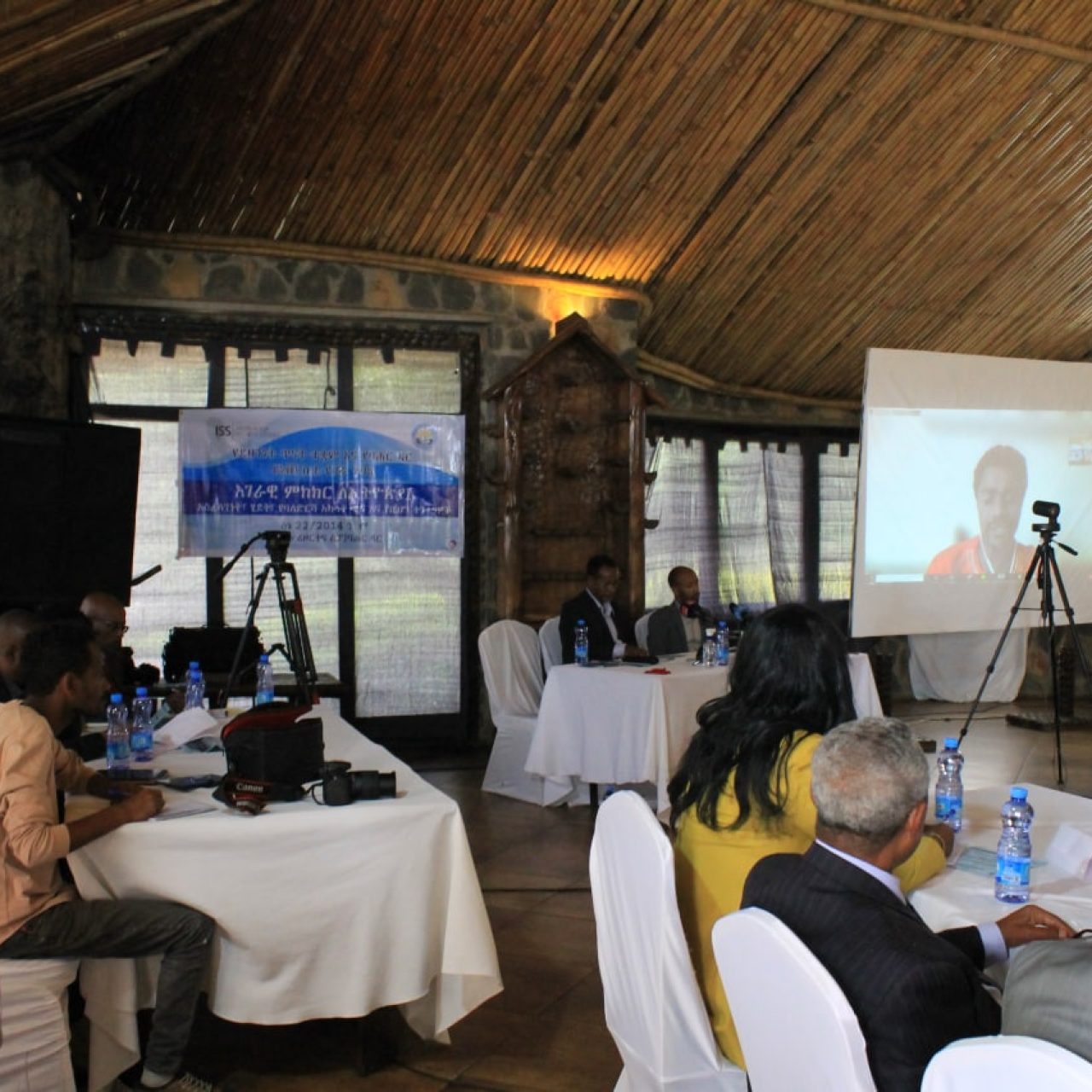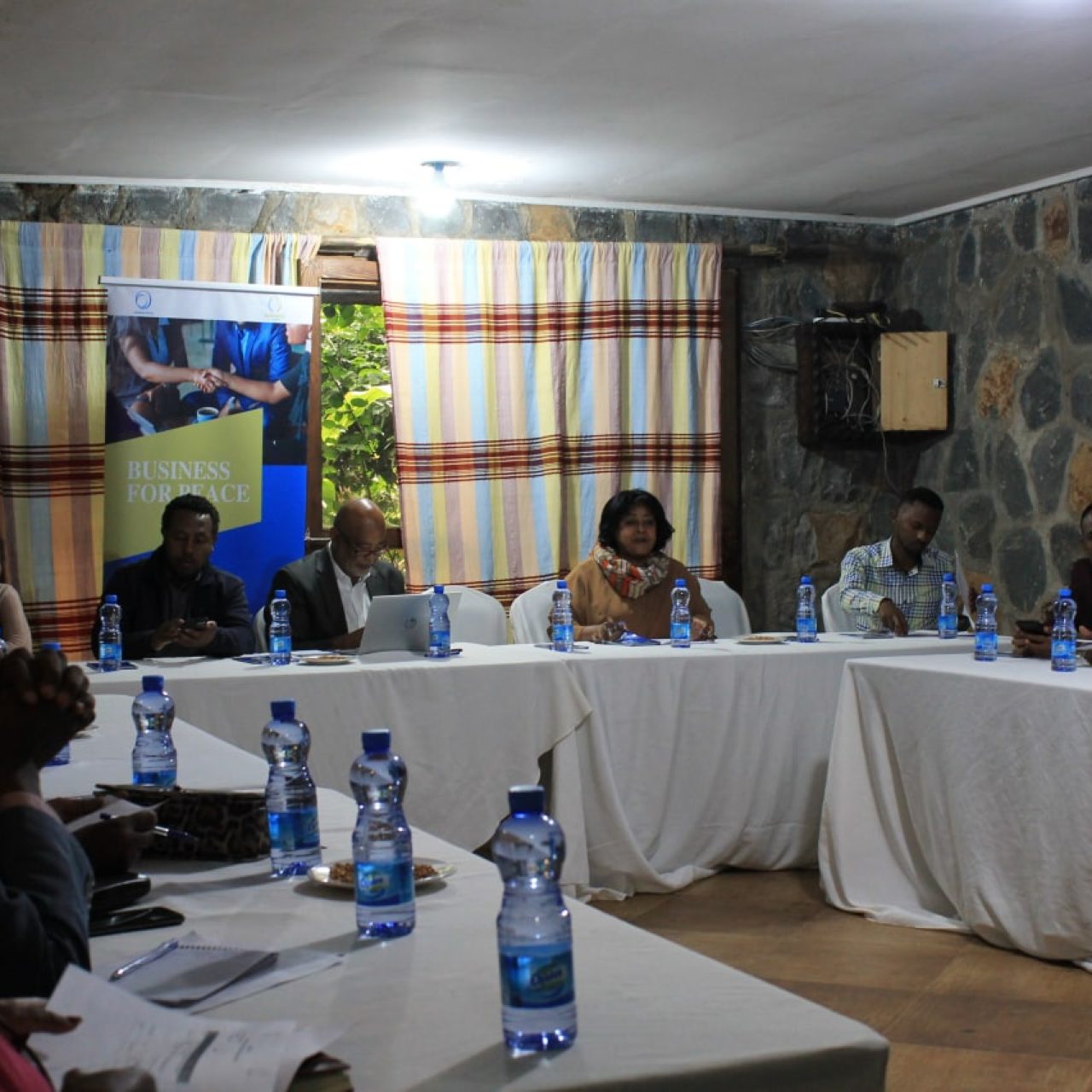Linking Peacebuilding and ESG
The Business for Peace Fellowship is designed to introduce business owners, business advisors, business aspirants, entrepreneurs and start-up owners, etc., to the various peacebuilding approaches and the analytical tools needed to understand, analyze and resolve conflicts. Offered in three cohorts, the Fellowship is deemed to be instrumental in allowing the business community to have a say in and foster local ownership of peacebuilding activities. It will also allow business owners to critically engage in peacebuilding processes with a clear understanding of the cycle of conflict and interventions designed at each state. The program’s contents are designed in various pedagogical formats. It follows hybrid modes of content delivery e-learning, in-person practicum, field visits and action learning for a duration of three months. Each month consists of a two-day in-person workshop with an intensive list of seminars. Besides, the program involves two field visits: one local and another international.
As the Team Leader of the Membership Development and Relations Department at Addis Ababa Chamber of Commerce and Sectoral Associations, Helina recognizes the significance of sustainable business practices that not only generate profits but also contribute to environmental and social good. Her participation in the Business for Peace Fellowship Program exposed her to the concept of Environmental, Social, Governance (ESG). ESG is a multifaceted framework that considers how businesses can address environmental and social issues through corporate governance while creating long-term value for stakeholders.
The Business for Peace Fellowship Program offers participants a platform to familiarize themselves with various peacebuilding approaches and analytical tools in addition to exploring concepts like ESG. The program provides an opportunity to build capacity and foster collaboration among participants to analyze and resolve conflicts in their respective sectors.
Helina recognized that ESG was an integral part of an organization’s strategy that considers how generating value from all stakeholders is important. Following her participation in the program, she took the initiative to partner with the International Finance Corporation (IFC) to develop guidelines for Ethiopian manufacturing and agricultural firms on ESG issues. This partnership aimed to reduce risks associated with manufacturing and agriculture while improving overall firm sustainability.
Helina’s integration effort demonstrates how Initiative Africa’s Business for Peace Fellowship program encourages impactful collaborations between local organizations and international institutions, resulting in sustainable solutions that benefit stakeholders at all levels. Through this program, Helina was able to leverage ESG principles to promote peacebuilding and drive sustainable change in her organization and sector.














